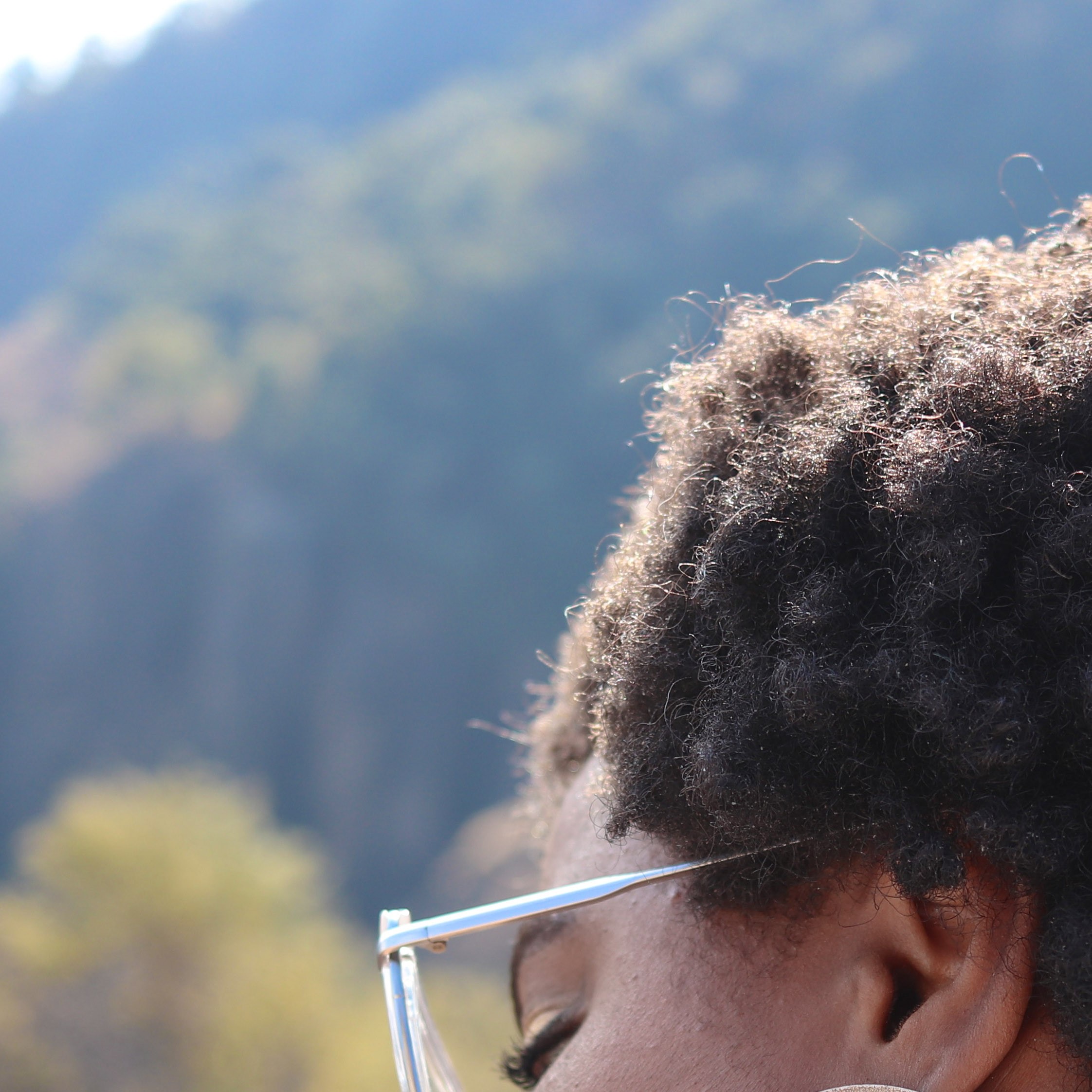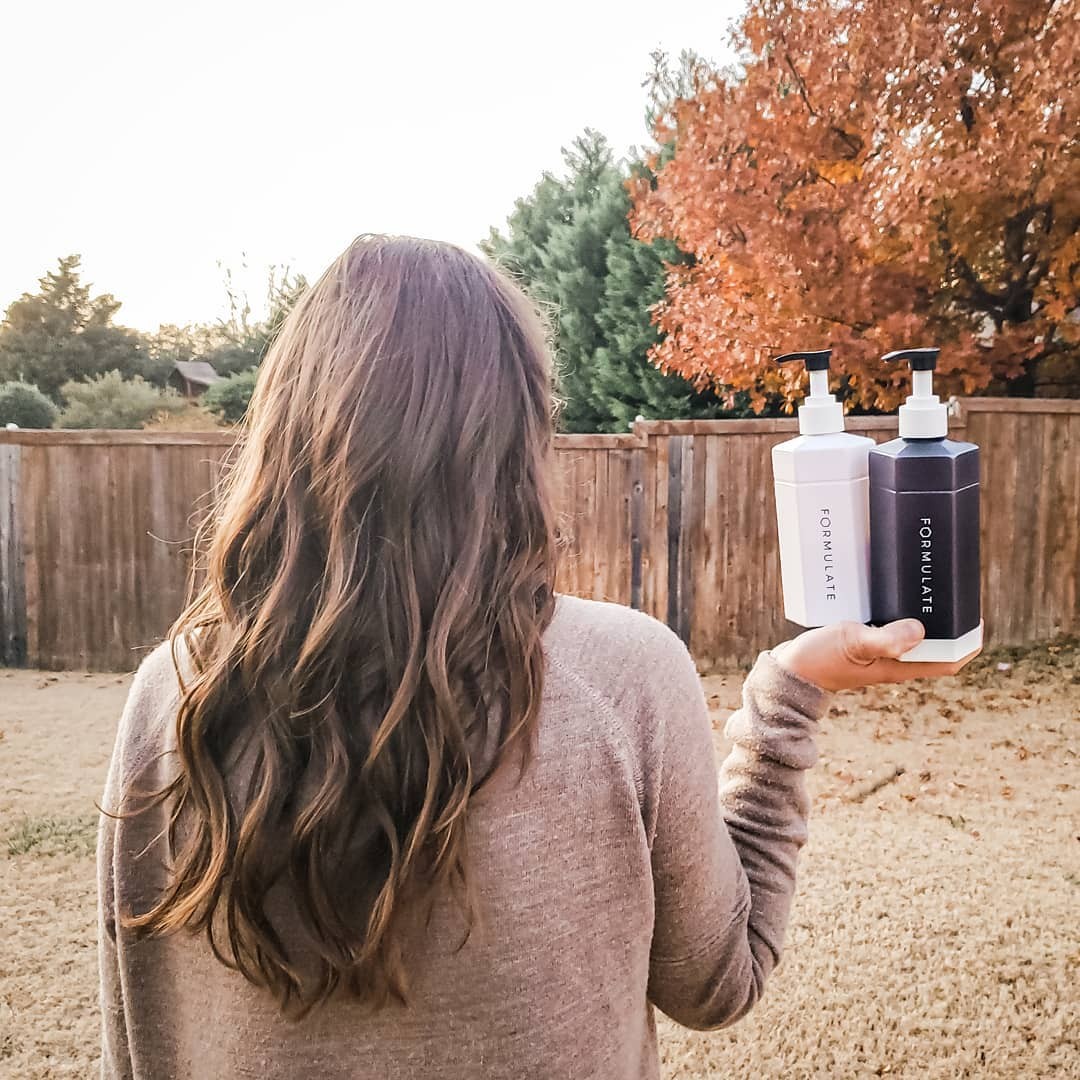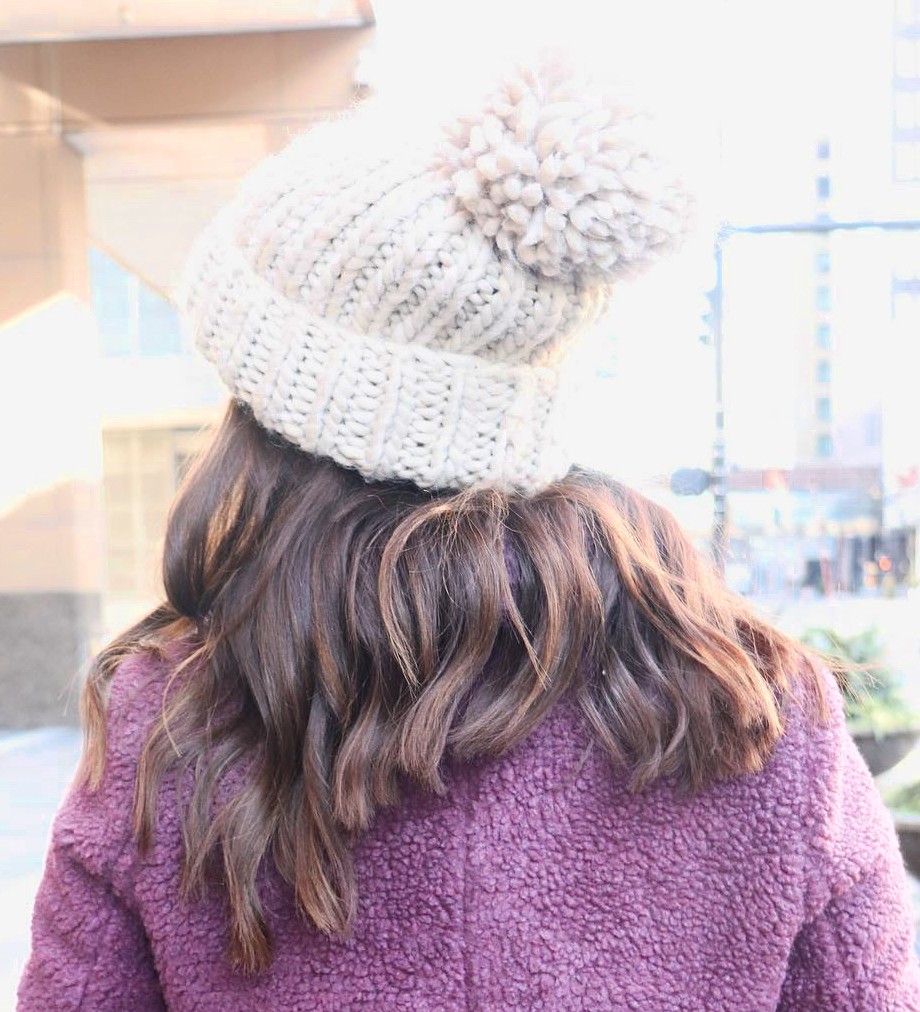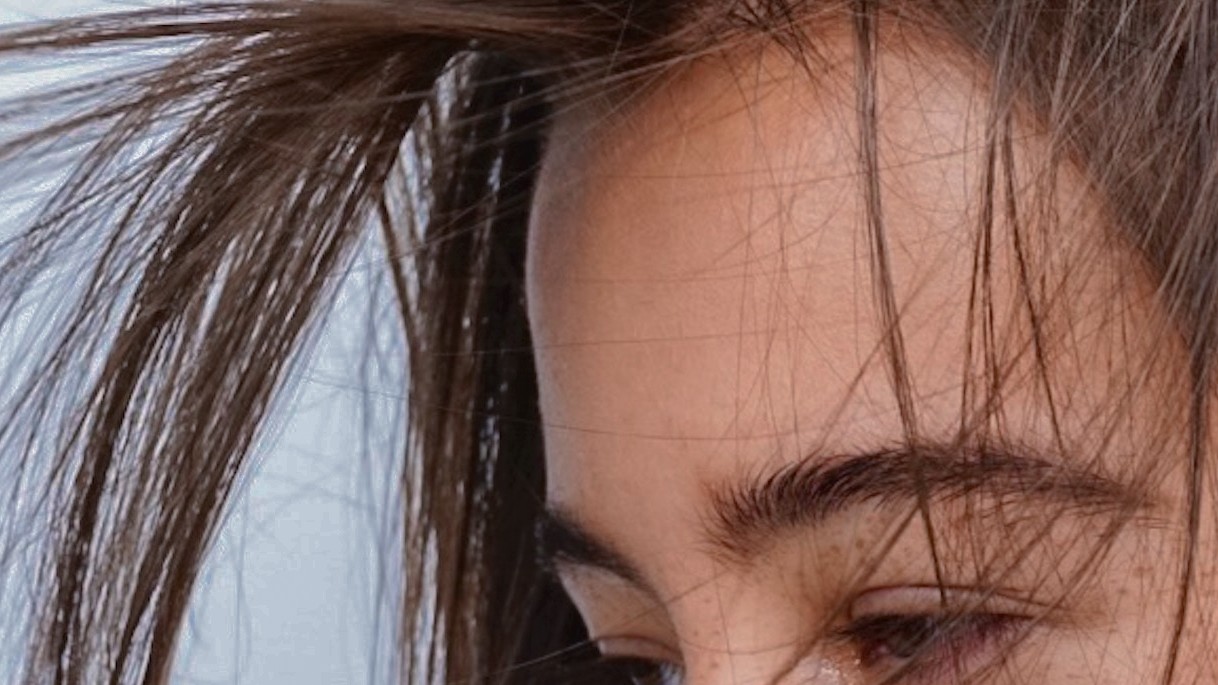Let's be blunt: smelly scalps aren't fun. Nobody wants to be snuggled up during a romantic movie night only to be asked why their hair smells like rotten eggs, or have a friend ask them if they've recently bathed in rotten milk. (No, really. These are things that just happen to you if you have a stinky scalp)
If you've never suffered from stinky scalp syndrome, consider yourself blessed. But if you're one of the who-knows-how-many people who have -- we feel for you, and we've got your back. Because not only are stinky scalps incredibly embarrassing, they're also super confusing -- who the heck do you go to if your scalp smells bad. Your family doctor? A dermatologist? A hairstylist? A naturopath?
To get the scoop on this smelly story, we started by chatting with some derms.
Dr. Erum Ilyas is a board certified dermatologist who specializes in adult and pediatric medical dermatology, cosmetic dermatology, and skin cancer treatment. In her experience, many people who experience stinky scalp syndrome simply aren't washing their hair enough - not because they don't care about their hair, but because their hair doesn't actually appear to be greasy. She explains, "After washing your hair with shampoo, there are significant variations amongst people with hair re-greasing. Hair re-greasing is how our scalp's sebum and oil production migrates down the hair follicle post shampooing. Once someone shampoos, the skin cells on the scalp start to produce more sebum and this migrates down the hair follicle to re-grease the hair."
Hair re-greasing is surprisingly quick, especially for people with short, fine, and/or straight hair. These hair types make it easy for the scalp's natural oils to travel downwards and coat the entire strand. "Within 48 hours, people with very short, fine hair will 're-grease' the entire hair follicle. Those with longer hair or curly hair will obviously take longer and may not feel the need to wash their hair as frequently." But even though people who have long, textured hair might not have visibly greasy hair, the oil is still being produced by the scalp - it's just not going anywhere. "If one does not shampoo routinely, this oil and sebum can start to build up not just on the hair but the scalp itself. Once this buildup occurs then the bacteria and yeast that can overgrow may produce an odor." Lesson learned: even if your hair doesn't look that oily, you should probably shampoo if it smells bad.

Dr. Ilyas also sees this problem in patients with craniofacial hyperhidrosis, a condition that causes someone to sweat excessively from the face and scalp. Craniofaciala hyperhidrosis can be a primary or secondary diagnosis. "Primary is thought to occur in people who simply have a higher concentration of sweat glands," Dr. Ilyas explains. "Secondary is the result of other causes: menopause, stress, fevers, increased temperature, illnesses, etc. The bottom line is that either there are more sweat glands or the sweat glands present are more active because of triggers listed above." She treats these patients mostly with over-the-counter topical agents that contain aluminum chloride to prevent excess sweating. "There are over the counter preps such as Certain Dri that come as a wipe and toss pad or prescription liquids. These don't have to be used daily. Many people find that applying a couple times a week can help." If that still doesn't do the trick, Dr. Ilyas recommends botox or prescribes an oral medication to help.

Dr. Ilyas says that though she deals with patients who present with stinky scalps on a daily basis, they rarely bring it up first thing. "It is more often an afterthought to mention or a concern they voice once they feel comfortable that they will not be judged for the question."
We also got some input from Dr. Tsippora Shainhouse, a board certified dermatologist currently practicing in Beverly Hills, California. Dr. Shainhouse says that under normal circumstances, regular hair washing would make stinky scalps a non-issue for the majority of sufferers. However, the phenomenon of hair training (not washing your hair for long periods of time) and various attempts to maintain salon blowouts for unrealistic periods of time have made the problem noticeably worse in her patients.
What's more -- several topical hair treatments that are typically perceived as being hair healthy can also contribute to the stench. Everyone's favorite home hair treatment, coconut oil, is one of these hidden villains: "Oils like coconut do not wash out easily and provide an excellent medium for yeast overgrowth, which can lead to odor." The same goes for dry shampoo: "it doesn't actually remove any of the oil. In fact, it adds another layer of starchy ingredients to the dead skin cell/oil buildup, sealing it in, and encouraging yeast growth."
And Dr. Shainhouse has more bad news for our readers who frequently wear wigs and hats. "They can provide a dark, moist environment for yeast to grow. And they can give you an excuse to wash your hair less frequently so that oils build-up and the yeast thrives."

The odor of bacteria and yeast can also stick to these accessories, making the stench return once you put them back on even if you've just washed your hair: "They can make your 'clean' hair smell again each time you put them back on." To combat this, she suggests shampooing wig caps and washing hats frequently to keep them clean and stench-free.
While obviously seeing a dermatologist or a doctor is best, Dr. Shainhouse has a couple of other catch-all tips for anyone who thinks they might be suffering from a stinky scalp because of under washing.
The first is pretty obvious -- wash more frequently, and more thoroughly. "It's not usually the mid-shaft and ends of the hair they are dirty and greasy, but rather the scalp and roots. Be sure to wet your hair well, and then lather the shampoo into the scalp and roots for at least a minute to emulsify the oils and help to exfoliate the dead skin cells."
As for your brushing technique: "Brush your hair from roots to tip to help prevent oil buildup and exfoliate the scalp. Brushing will move the scalp oils from the scalp to the drier hair shafts, where they are actually needed for hair protection (and to create a natural shine!)"
Wanna learn more about the world of skin and hair care? Here's your next read:
Frizzy Curly Hair Care 101
How to defrizz your curls and get 'em back into shape!
Hot Rollers Vs. Curling Irons
What's the difference between hot rollers and curling irons?
Difference Between a Mole and a Freckle
What's the difference between a mole and a freckle?
Moisturizer vs Lotion: What's the difference?
Can you use body lotion on your face?
Tips For Washing Hair In Hard Water
This is your guide to washing your hair in hard water
Minimalist Hair
Welcome to the wonderful world of minimalist hair
Type of Combs: Materials and Shapes
Your complete guide to picking out a comb





